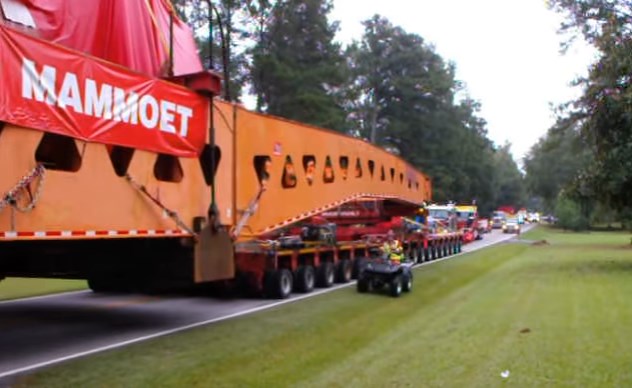Having a reliable mobile generator is crucial when you’re on the road with your motorhome. With it, you can do a lot of things to keep you and your company safe while you’re off the grid. Having a portable power supply for your vehicle helps you feel comfortable even when you feel like you’re in a far-flung area. As such, it’s crucial to choose the right one that fits your needs. Shopping for a mobile generator can be a daunting task, especially if you don’t know how to make sense of specific technical information. This guide helps you simplify the selection process.

5 Major Considerations In Choosing A Mobile Generator
A mobile generator is a device that produces electrical power with the help of a source. These power sources can either be petroleum, diesel, or electricity.
If you’re buying this portable device for the first time, focus on these critical elements to choose the right one with confidence.
1. Power Generation Capacity
As with any other purchase, assessing your needs is critical in choosing the right mobile generator. The unit’s capacity for power production is often displayed on the device, represented by the number of watts. The higher the wattage, the more devices it can help power up.
Picking the ideal mobile generator will hinge on your choice of motorhome and the amenities that go with it. List down the appliances and electronic devices you need and how long you need to use them on average. Add them up to find out your motorhome’s minimum power requirement.
Mobile generators typically put out from 1,000 to 4,000 watts. Most simple campervans or motorhomes can function well with up to 2,000 watts of power supply. Other units with more power-hungry appliances such as air conditioning and heater will require more.
It’s essential to note that some electronic devices take more power to start up than their running power. Motorhome owners who prefer to spend their time in the wilderness for extended periods require optimal power generation.
2. Power Input Needs
Mobile generators need a source to produce electrical power. Electric and fuel sources are the most common power inputs for these devices. Discover the benefits of using either input method below:
Electric-fed generators: Motorhome owners find it easier to power up a generator that depends on stored electricity. You can charge the device in almost any place where there’s power. These generators can also be recharged through the car’s charging terminal cum cigarette lighter. More advanced appliances allow solar charging as an alternative.
Fuel-powered generators: This traditional choice can come in handy, especially if you pick a device that uses the same fuel as your motorhome or camping vehicle. Like cars, these power-producing equipment can be fueled by either gasoline or diesel. Diesel is often the choice for high-capacity generators. More advanced units can be run by gas and liquefied petroleum gas (LPG) or propane. The latter is often the more convenient choice because it’s more stable and has a longer shelf life.
3. Traditional Versus Non-Inverter
Traditional portable generators are heavier, bulkier, and noisier than their inverter counterparts. They’re also less energy-efficient. Perhaps the only upside in buying one is that it provides upfront savings, less expensive than inverter units.
Despite this, motorhome users are still better off using inverter technology. As mentioned, inverter technology allows the seamless conversion of alternating current to direct current.
Apart from being more portable, quieter, and fuel-efficient, they can produce a more stable power supply. This means you won’t get power surges that could damage sensitive devices such as air conditioners, smartphones, laptops, and television. Don’t forget to check whether your generator is compatible with your motorhome appliances and other devices’ power outlets.
4. Noise Production
A power-producing device shouldn’t keep you and your company, including your “neighbors,” up all night. Some facilities don’t allow the use of generators to avoid unnecessary noise.
Like power capacity, some manufacturers are transparent enough to indicate a generator’s operating noise, as measured in decibels. So, when looking at your preferred models, take a look at their noise output levels, too.
Choose one with relatively low figures without compromising power capacity and run time. Mobile generators with inverter technology run more quietly versus traditional units.
5. Portability
A mobile generator can’t be called as such if it’s massive and heavy. But, its core components are often to blame, for instance, fuel and battery. With advanced technology, however, modern generators have become more compact. Choose a device with manageable weight and size, so you can move around better and use it whenever you need it.
The Bottom Line
While most purchases are based on buyers’ preferences and initial impressions, generator shopping requires motorhome owners to consider function over form. While portability is high on the list of must-haves, the most relevant factors include capacity, input needs, technology, and noise production.
Keeping these elements in mind gives you enough confidence to choose a generator that not only provides but, more importantly, sustains your needs. Check out for more info:
https://www.generatormag.com/10000-watt-generator/

